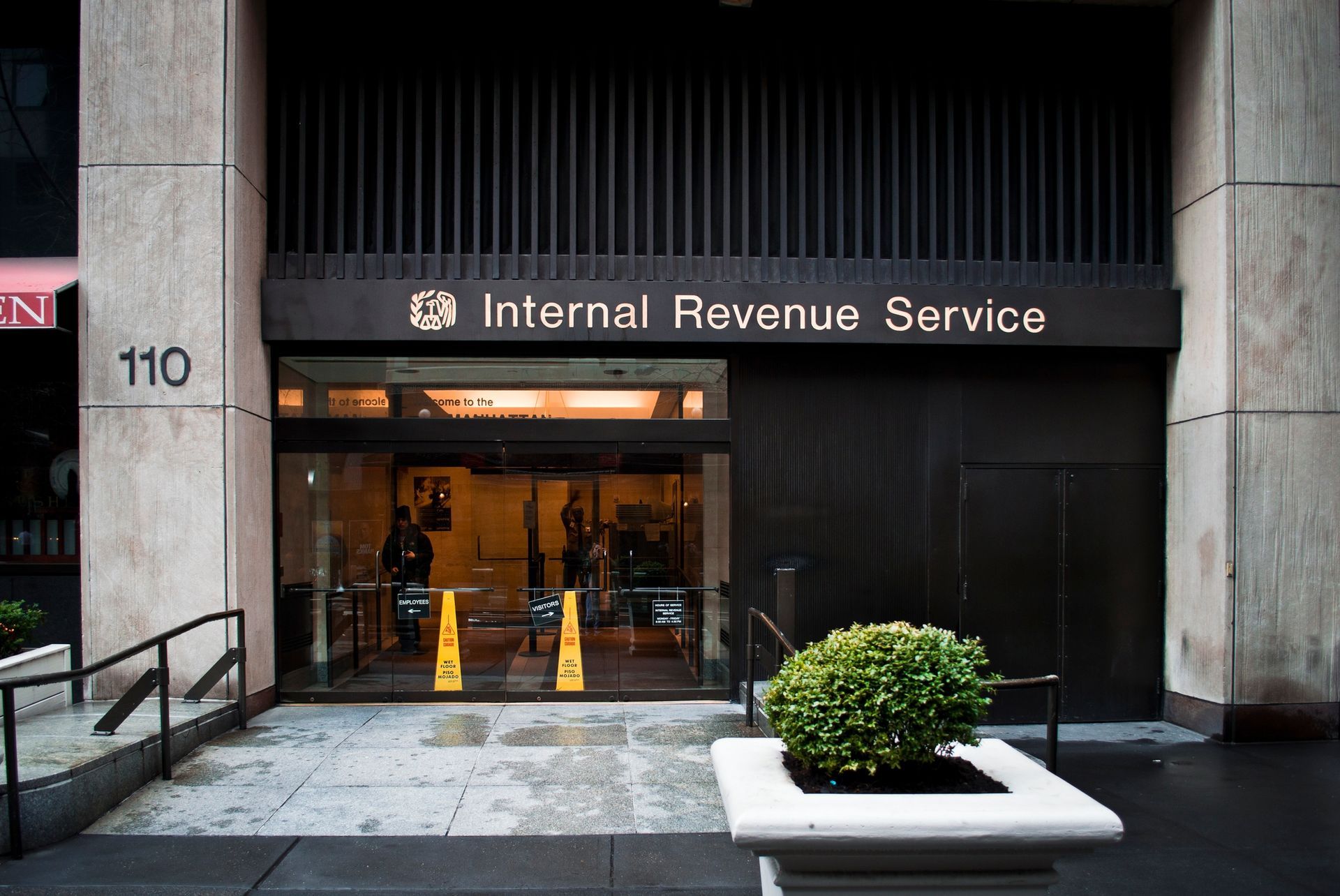8 Common IRS Tactics You Need To Know
The IRS is known for its formidable reputation when it comes to collecting taxes and pursuing non-compliant taxpayers.
However, there are common misconceptions about the extent of their powers and the severity of the tactics they can pose.
In this article, we'll shed light on some common IRS tactics and what the IRS can actually do, providing valuable insights from a tax relief professional's perspective.
If you have dealt with any of the common tactics listed below, contact our office today at 281-962-0070 for a free, no-obligation consultation to review your options.
Tactic #1: Seizing Your Home or Assets
One of the most feared IRS tactics is the potential seizure of your home or assets. Many taxpayers worry about losing their property if they owe back taxes.
Reality: While the IRS does have the authority to place liens on your property, and they will, seizing your primary residence is rare and is a complex process, and the IRS often prefers alternative collection methods, such as wage garnishments, bank levies and taking your accounts receivable if you are self employed or run a business. A second or vacation home however, is fair game for the IRS.
Tactic #2: Jail Time for Unpaid Taxes
Some taxpayers fear that unpaid taxes will lead to imprisonment. The idea of going to jail due to tax debt is a pervasive myth. However, many Americans have been convicted and gone to jail for not filing legally due income tax returns.
Reality: While the IRS can pursue criminal charges for non-filing and unpaid taxes, they rarely go this route. In most cases, the focus is on collecting what is owed, not criminal prosecution. However, it's crucial to address tax debt promptly to avoid escalating issues.
Tactic #3: Garnishing Your Entire Salary
Many individuals worry that the IRS can take their entire paycheck through wage garnishments, leaving them with nothing to live on.
Reality: The IRS follows specific guidelines for wage garnishments, which consider your income, deductions, and necessary living expenses. However, it is true that the IRS can take up to 80% of your net pay to satisfy your IRS obligations.


